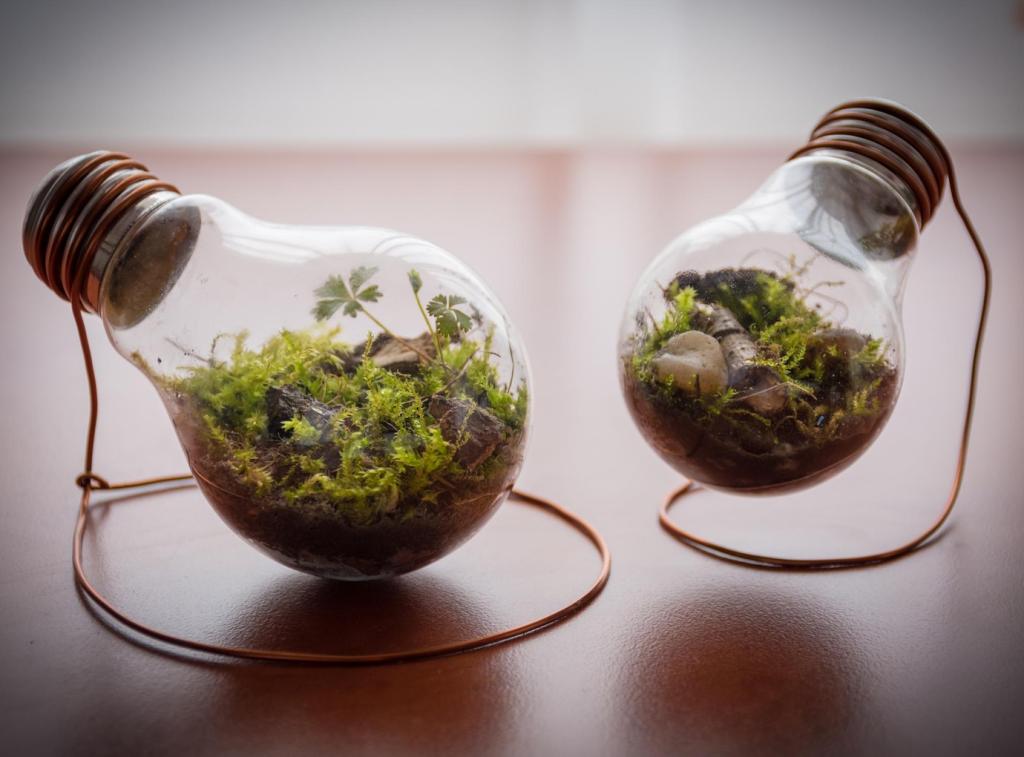Sustainable Smart Home Innovations

Intelligent thermostats learn your daily routines and preferences to adjust heating and cooling systems efficiently without sacrificing comfort. These devices enable real-time temperature monitoring and can be controlled remotely from smartphones or voice assistants. By dynamically optimizing energy use, they significantly reduce unnecessary consumption and contribute to lower energy bills and a reduced carbon footprint.

Automated lighting control systems use motion sensors, adaptive scheduling, and daylight harvesting to illuminate spaces only when needed and adapt brightness based on occupancy and daylight levels. These systems can be customized for every room and can integrate with other smart home technologies. The result is enhanced convenience, reduced energy waste, and significant savings over traditional lighting.
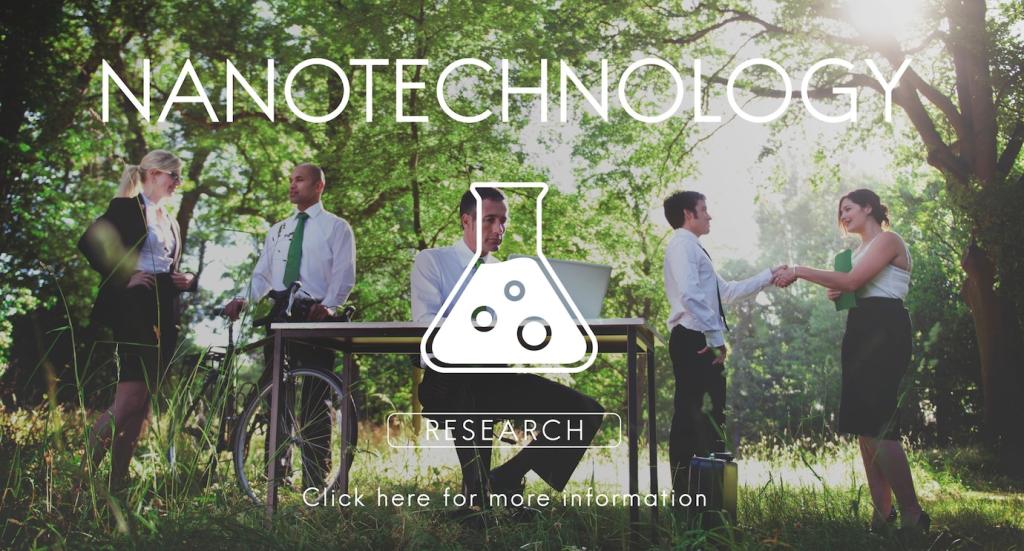
Home energy dashboards present real-time analytics on power usage throughout the home, allowing residents to identify high-energy appliances and make informed decisions to improve efficiency. These dashboards integrate seamlessly with renewable energy sources and storage systems, offering a holistic overview and actionable tips for decreasing consumption and environmental impact.
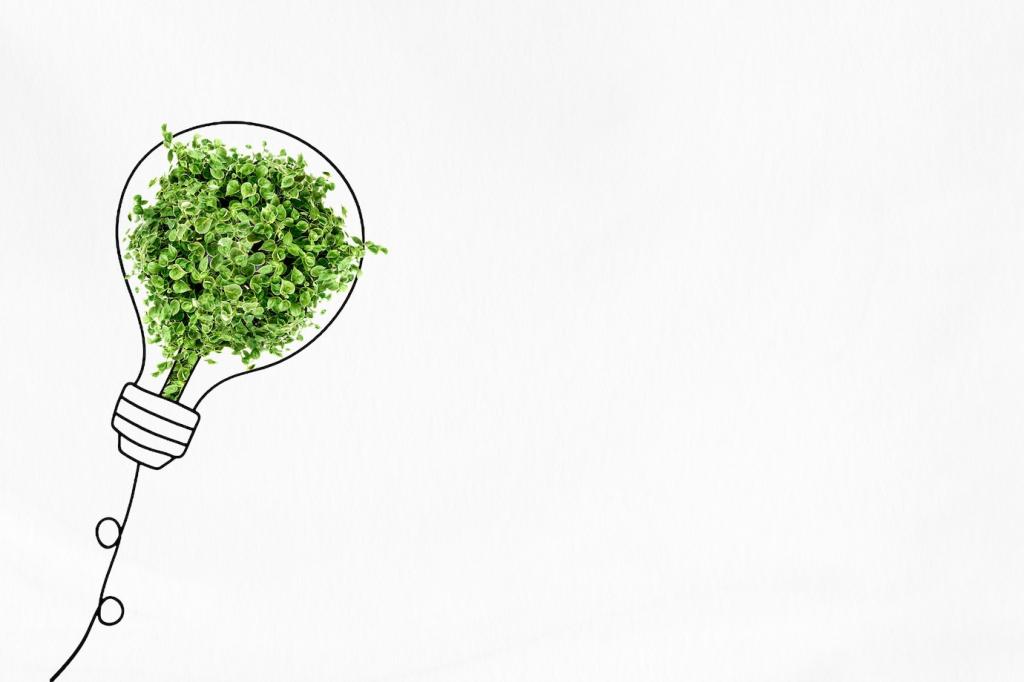
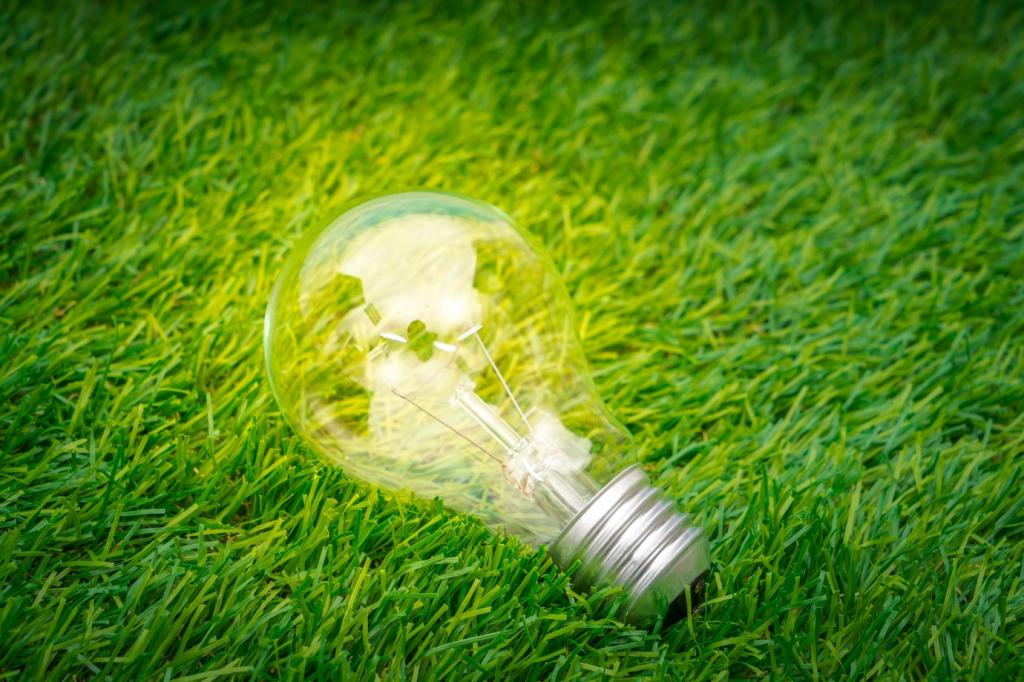
Smart Irrigation Systems
Smart irrigation systems use weather forecasting, soil sensors, and seasonal data to provide precise watering schedules tailored to garden needs. They automatically adjust for rainfall, soil moisture, and plant types, preventing overwatering and reducing overall consumption. With app control and performance analytics, homeowners can save water while maintaining lush landscapes effortlessly.

Intelligent Leak Detection
Intelligent leak detection devices continuously monitor water flow through the home’s plumbing, instantly identifying leaks or unusual usage. Upon detection, these smart sensors can alert homeowners via smartphone notifications and even shut off water supply automatically to prevent costly damage. Advanced analytics help pinpoint problem areas, supporting timely repairs and long-term conservation.
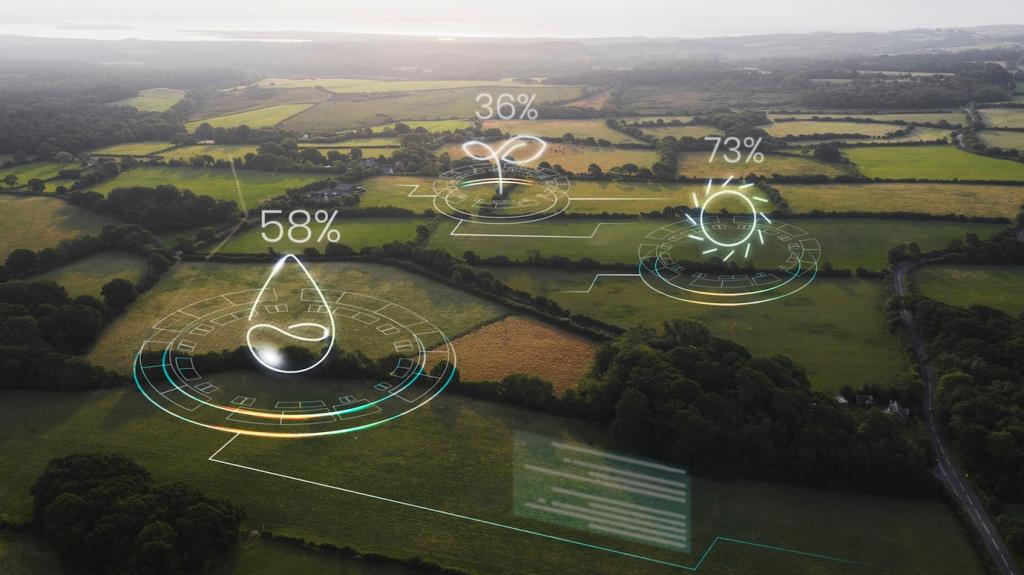
Low-Flow Smart Fixtures
Low-flow smart fixtures, including faucets, showers, and toilets, feature real-time monitoring and user feedback to encourage mindful consumption. These fixtures balance water savings with comfort, utilizing advanced aerators and pressure regulation. Integration with home management apps provides usage data, motivating residents to achieve conservation goals while enjoying modern amenities.
Eco-Friendly Building Materials
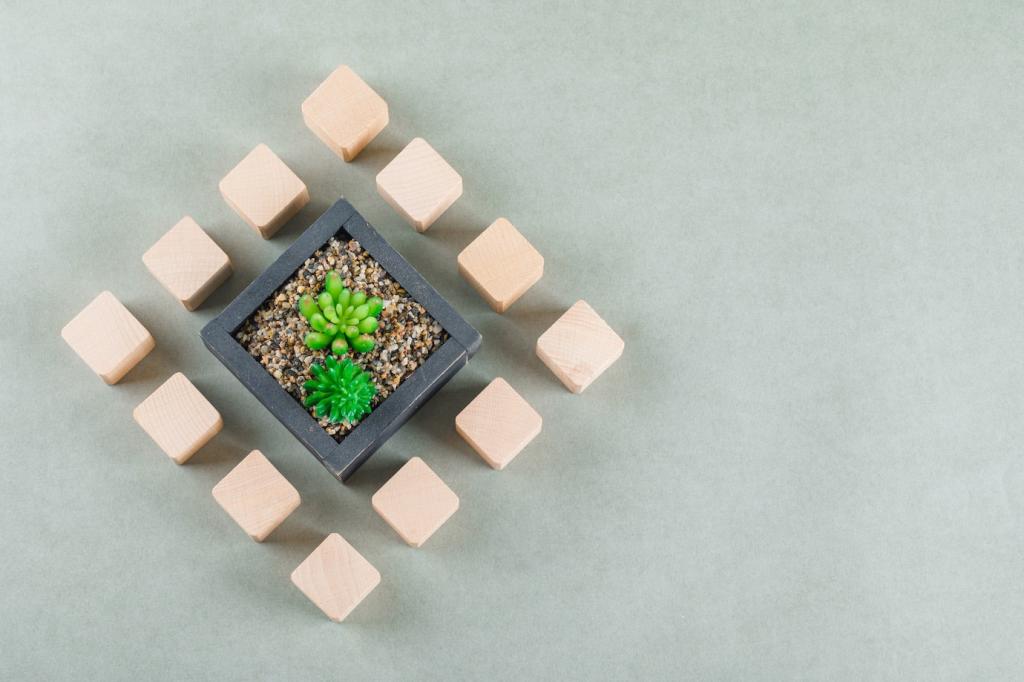
Recycled and renewable materials, such as reclaimed wood, bamboo, and recycled steel, are gaining popularity for their sustainability and visual appeal. Their use in flooring, walls, and structural elements minimizes waste and energy consumption during manufacturing. Smart home applications include data-driven tracking of material origins to certify ethical and environmental standards.
Advanced Home Automation
Unified control systems serve as the central nervous system of a smart home, allowing residents to manage lighting, HVAC, security, and more from a single interface. These platforms utilize artificial intelligence to anticipate needs, automate repetitive tasks, and coordinate energy-saving actions, thus ensuring sustainability measures are effortless and consistent.
Previous
Next

Intelligent Ventilation Systems
Intelligent ventilation systems incorporate real-time air quality monitoring and adaptive airflow adjustments to ensure fresh, clean air while minimizing heat or cooling loss. Integrating with occupancy sensors, these systems adjust operation based on room use and pollution levels, balancing energy efficiency with health and comfort.
Air Purification Technologies
Advanced air purification devices target allergens, pollutants, and pathogens using HEPA filters, UV-C light, and electrostatic precipitation. With smart sensors, these systems activate automatically during high-pollution events or when indoor air quality dips. Homeowners receive alerts and data through apps to support proactive maintenance and optimal operation.
Smart Plant Integration
Smart plant integration leverages indoor greenery and IoT-enabled sensors to monitor soil moisture, light exposure, and air purification effectiveness. These systems automate plant care, enhancing both air quality and home aesthetics. By creating interactive feedback loops, smart plants enable residents to see measurable wellness benefits while contributing to a healthier environment.
Waste Reduction Solutions
Smart Composting Systems
Smart composting systems automate organic waste breakdown with optimized aeration, moisture, and temperature controls. IoT connectivity allows residents to monitor progress and receive guidance on balancing input materials for nutrient-rich compost. By diverting food waste from landfills, these systems contribute significantly to reducing methane emissions and supporting urban gardening.
